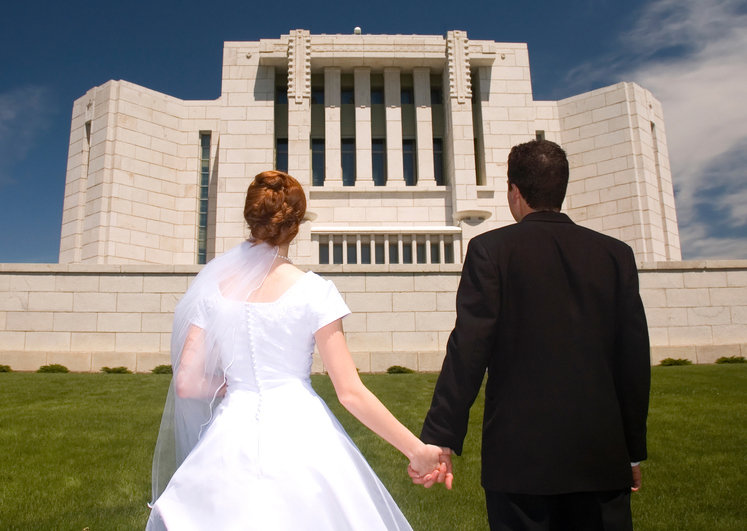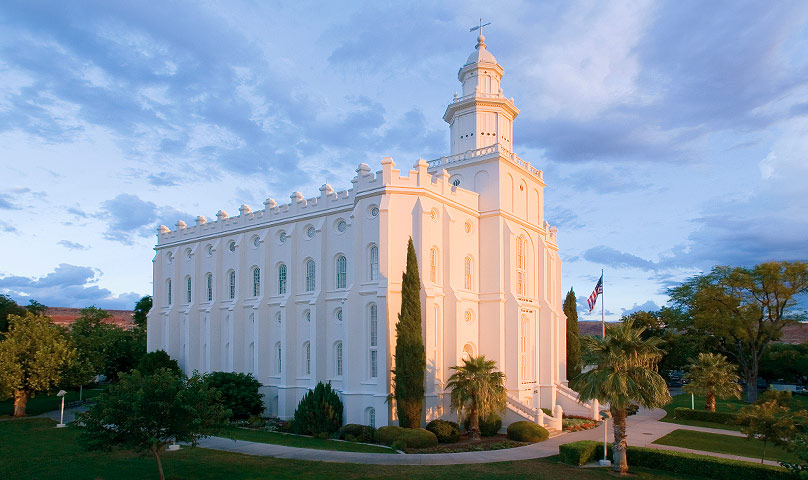Question
Gramps,
What is the difference between Communism and the Law of Consecration? Thank you.
Ryan
Answer
Ryan,
There are essentially two meanings of the word “Communism.”
- All property being owned commonly (i.e. everyone owns everything).
- The government enforced system where the government owns everything.
PROPERTY
If all property belongs to everyone, then that means that you can grow the crops, grind the wheat, and bake the bread. But then I can walk in and eat all the bread. Why? Because I have just as much right to that bread as you do. Your work has nothing to do with it. There is no property. Therefore, there is no theft. What motivation is there for anyone to create the food if anyone can eat it besides the one who made it?
GOVERNMENT ENFORCED
A lesson from management practices in both military and business is that when someone is given an assignment, they need some level of “ownership” of the task or they don’t feel responsible for it. Have you ever had a manager try to micromanage your job that she’s assigned to you? You feel paralyzed. You can’t really do your job. With government run systems, they constantly handed down orders from on high that made no sense because they don’t know the detailed level of work you do. The old Soviet Union mandated bread prices that were so low that it was cheaper for farmers to buy bread to feed their animals than it was to buy the same weight of wheat. Eventually, famines resulted.
LAW OF CONSECRATION AND STEWARDSHIP
The primary difference is that the Law of Consecration says.
“All things belong to the Lord, and we’re given stewardship over such property to use in the service of the Lord and our fellow man.”
That is why the complete title of the Law was “The Law of Consecration and Stewardship.”
People focus so much on the consecration part and forget the stewardship part. Both aspects must be used together or else it will not work. The consecration is the guiding principle behind the Law — that we remember all things belong to the Lord. But the stewardship part is how it is executed — taking responsibility for that which we’ve been given to serve the Lord.
If the guiding principle is that all things belong to the Lord, then we do not have a right to it. We must ask the Lord for it. In a practical sense, this means that we need to ask the steward in charge of that property. We can’t just take it.
If we’re given a stewardship over some property or work, then we are personally responsible for the goods or services as may best support the purposes of the Lord and serve our fellow men. We have a level of ownership of (or responsibility for) the work we do. But we also have an end goal of serving others, not just ourselves.
Gramps







